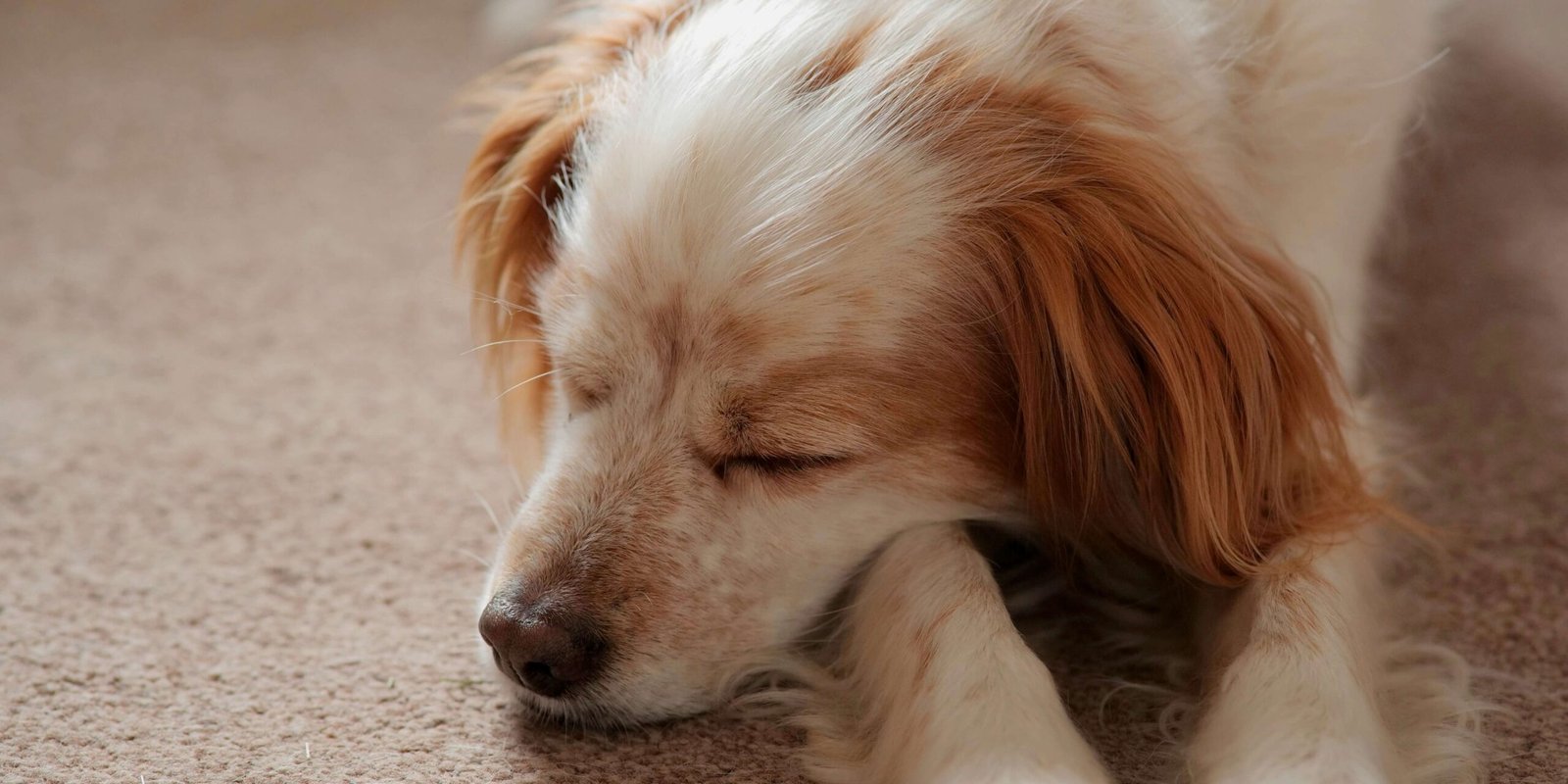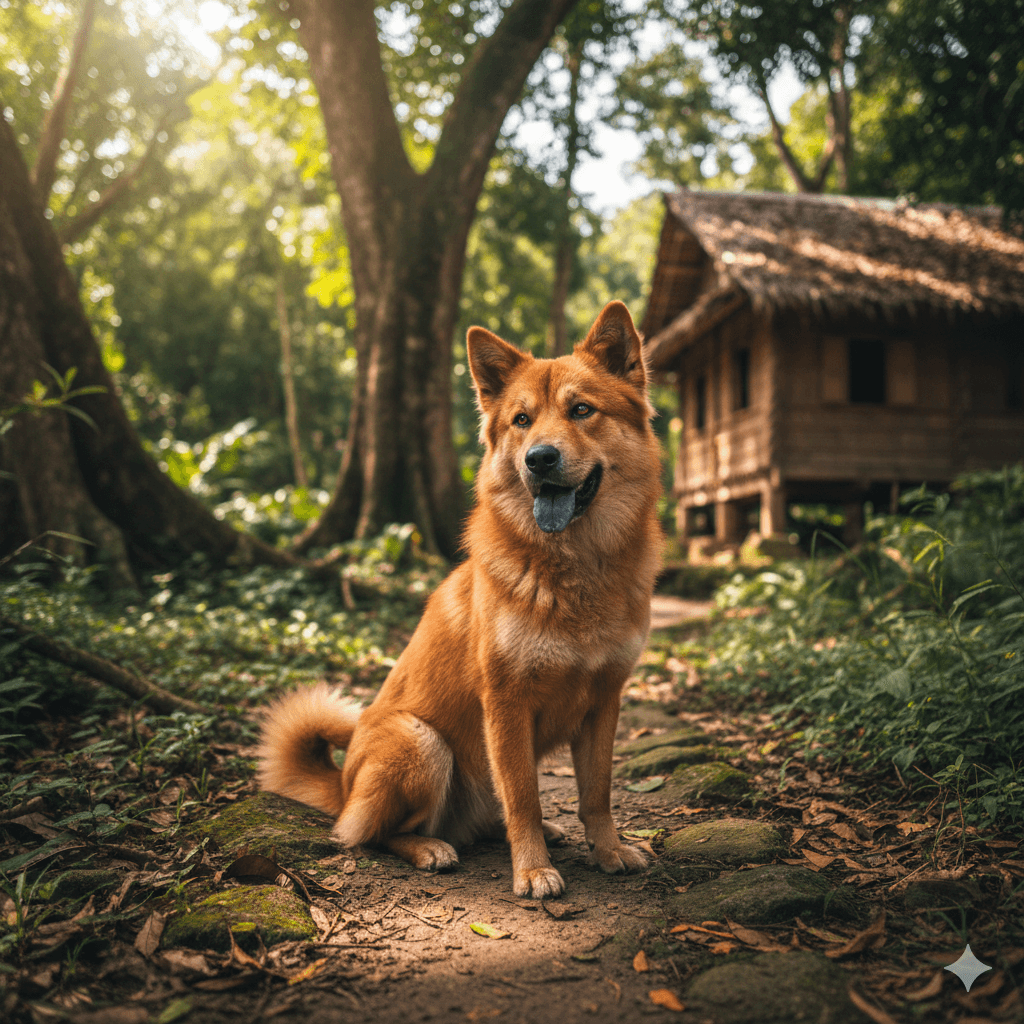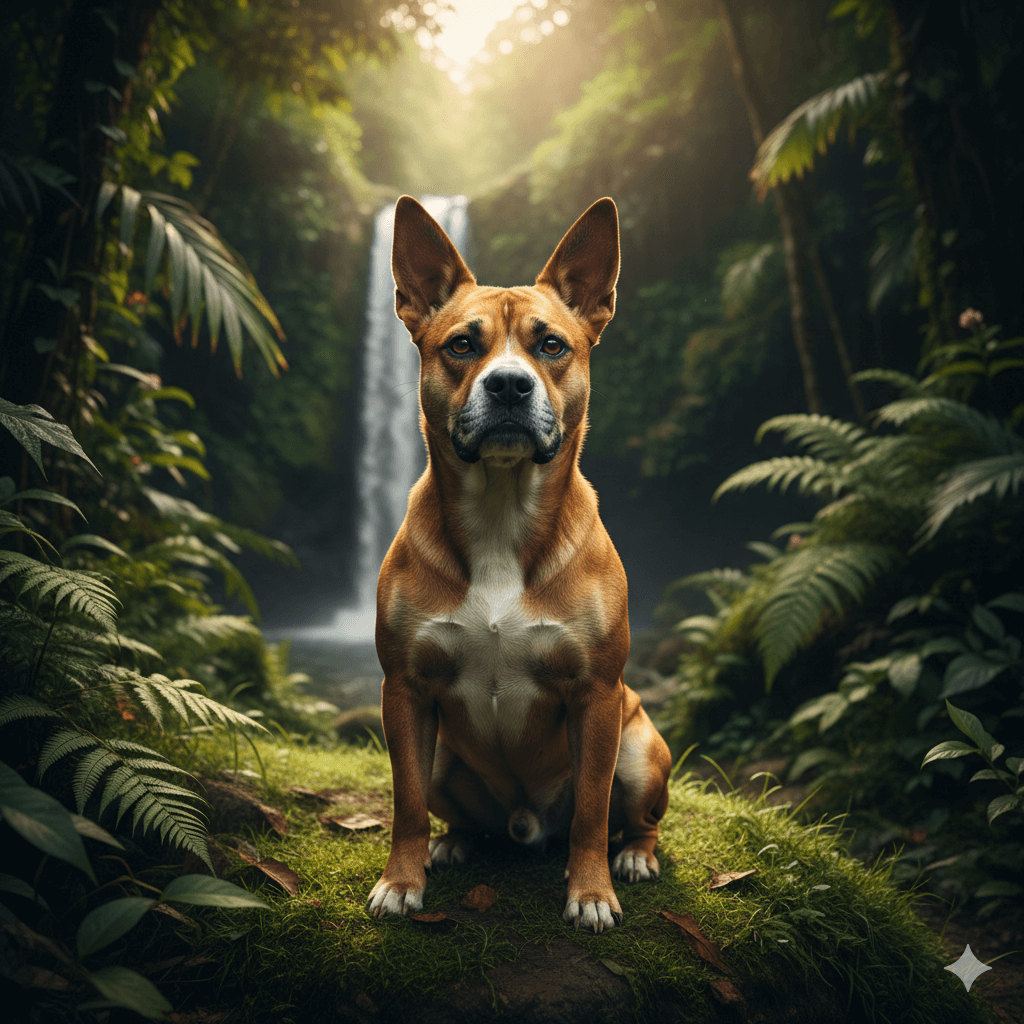Why Does My Dog Chew on Rocks? Unpacking This Puzzling Behavior
If you’ve ever caught your dog gnawing on rocks, you’re not alone. While this behavior might seem strange or even alarming, it’s more common than you think. Dogs explore the world through their senses, and sometimes that exploration leads them to chew on things they shouldn’t—like rocks. But what drives this behavior? Is it harmless curiosity, a sign of boredom, or something more serious? In this blog post, we’ll delve into the reasons behind why dogs chew on rocks, how to address it, and what you can do to keep your furry friend safe and healthy.
Common Reasons Why Dogs Chew on Rocks
Dogs chew on rocks for a variety of reasons, ranging from natural instincts to underlying health issues. Understanding these motivations is the first step in addressing the behavior effectively. Here are some common explanations:
Teething Discomfort : Puppies often chew on objects, including rocks, to relieve sore gums during the teething phase.
Boredom or Lack of Stimulation : Without adequate mental and physical stimulation, dogs may turn to chewing rocks as a way to entertain themselves.
Nutritional Deficiencies : A lack of essential minerals or nutrients in their diet can lead dogs to seek out unusual items like rocks.
Curiosity and Exploration : Dogs use their mouths to investigate their surroundings, and rocks may simply seem like an interesting object to explore.
Anxiety or Stress : Chewing on rocks can sometimes be a coping mechanism for dogs dealing with anxiety or stress.
By identifying the root cause of your dog’s rock-chewing habit, you can take targeted steps to redirect their behavior and ensure their well-being.
Health Risks of Rock Chewing: What You Need to Know
While chewing on rocks might seem harmless at first glance, it can pose serious risks to your dog’s health. Understanding these dangers will help you take the necessary precautions to protect your pet. Here are some potential health risks associated with rock chewing:
Dental Damage : Chewing on hard rocks can crack or chip your dog’s teeth, leading to pain and costly dental procedures.
Choking Hazard : Small rocks can become lodged in your dog’s throat, causing choking or breathing difficulties.
Gastrointestinal Blockages : Swallowed rocks may cause obstructions in the digestive tract, requiring emergency surgery to remove.
Toxin Exposure : Some rocks may contain harmful substances or chemicals that could poison your dog if ingested.
Injury to the Mouth or Throat : Sharp edges on rocks can cut your dog’s gums, tongue, or throat, leading to infections or other complications.
Being aware of these risks highlights the importance of addressing rock-chewing behavior promptly to safeguard your dog’s health.
Check this guide 👉My Dog Ate a Rock – Will It Pass? Best 7 Health Tips!
Check this guide 👉Can Dogs Eat Dates? Best 7 Health Tips!
Check this guide 👉Can Dogs Eat Pepperoni? Best 7 Expert Tips!

Behavioral Causes | Health-Related Causes |
|---|---|
Boredom or lack of stimulation | Nutritional deficiencies |
Teething discomfort | Anxiety or stress |
Curiosity about surroundings | Dental issues (e.g., gum pain) |
Attention-seeking behavior | Underlying medical conditions |
Habitual tendencies | Pica (compulsive eating disorder) |
How to Stop Your Dog from Chewing Rocks
Stopping your dog from chewing rocks requires a combination of training, environmental management, and addressing any underlying issues. Here are some practical strategies to help curb this behavior:
Provide Safe Chew Alternatives : Offer durable, dog-safe toys and chews to redirect their chewing urges away from rocks.
Supervise Outdoor Time : Keep a close eye on your dog during walks or playtime to prevent access to rocks.
Enrich Their Environment : Engage your dog with interactive toys, puzzles, and games to keep them mentally stimulated.
Train with Positive Reinforcement : Use commands like “leave it” and reward your dog for obeying to discourage rock chewing.
Consult Your Veterinarian : Rule out any medical or nutritional issues that might be contributing to the behavior.
With patience and consistency, these strategies can help break the habit and keep your dog safe from harm.
Preventing Future Rock-Chewing Incidents
Prevention is key to ensuring your dog doesn’t revert to chewing rocks. By implementing proactive measures, you can minimize the chances of this behavior recurring. Here are some tips for long-term prevention:
Create a Rock-Free Zone : Fence off areas with rocks or remove them entirely from your yard to eliminate temptation.
Establish a Routine : Consistent feeding, exercise, and play schedules can reduce boredom and destructive behaviors.
Monitor Diet and Nutrition : Ensure your dog’s diet is balanced and meets all their nutritional needs to prevent cravings for non-food items.
Socialize Your Dog : Regular interaction with other dogs and people can reduce anxiety and provide healthy outlets for energy.
Reinforce Training Regularly : Continue practicing obedience commands to reinforce good behavior over time.
Taking these preventive steps will help create a safer and more enriching environment for your dog.
Understanding the Role of Diet in Rock-Chewing Behavior
A dog’s diet can play a significant role in their tendency to chew on rocks. Nutritional imbalances or deficiencies may drive them to seek out non-food items as a way to compensate. Here are some dietary factors to consider:
Mineral Deficiencies : A lack of essential minerals like calcium or phosphorus may lead dogs to chew rocks in an attempt to supplement their diet.
Low-Quality Food : Poor-quality dog food that lacks adequate nutrients can leave your dog feeling unsatisfied and craving unusual items.
Excessive Hunger : Feeding portions that are too small or infrequent can cause dogs to scavenge for alternative “food” sources.
Gut Health Issues : Digestive problems may interfere with nutrient absorption, prompting pica-like behaviors such as rock chewing.
Food Allergies : Certain allergies or intolerances can lead to cravings for non-food items as a form of self-soothing.
By addressing potential dietary issues, you can help eliminate one of the root causes of rock-chewing behavior and promote healthier habits.
Mental Stimulation: A Key to Reducing Rock Chewing
Dogs are intelligent animals that require regular mental stimulation to stay happy and engaged. Without it, they may resort to undesirable behaviors like chewing rocks. Here are some ways to keep your dog mentally stimulated:
Interactive Toys : Puzzle toys or treat-dispensing toys challenge your dog’s problem-solving skills and keep them entertained.
Obedience Training : Teaching new commands or tricks provides mental exercise while strengthening your bond.
Scent Games : Hide treats around the house or yard and encourage your dog to “find” them using their nose.
Socialization Opportunities : Arrange playdates with other dogs or take your dog to a dog park for social interaction.
Rotating Toys : Regularly switch out your dog’s toys to keep them novel and interesting.
Providing ample mental stimulation not only reduces rock-chewing tendencies but also enhances your dog’s overall well-being.
Recognizing Signs of Anxiety in Dogs Who Chew Rocks
Anxiety is a common underlying cause of many behavioral issues, including rock chewing. Identifying signs of anxiety can help you address the root cause and provide your dog with the support they need. Here are some indicators that anxiety might be driving the behavior:
Excessive Licking or Grooming : Dogs may lick themselves obsessively as a way to cope with stress or anxiety.
Pacing or Restlessness : Constant movement or inability to settle down can signal emotional distress.
Destructive Behavior : Chewing rocks, furniture, or other inappropriate items may be a sign of pent-up anxiety.
Whining or Barking : Vocalizations without an obvious trigger can indicate nervousness or fear.
Hiding or Avoidance : Dogs that retreat to isolated areas or avoid interaction may be experiencing anxiety.
If you suspect anxiety is contributing to your dog’s rock-chewing habit, consult a veterinarian or animal behaviorist for guidance on managing their emotional health.
Frequently Asked Questions About Dogs Chewing on Rocks
Why does my dog chew on rocks instead of toys?
Dogs may chew on rocks due to boredom, curiosity, or a lack of suitable alternatives.
Can chewing rocks harm my dog?
Yes, it can lead to dental damage, choking, gastrointestinal blockages, and other health risks.
Is rock chewing a sign of a medical issue?
It can be, especially if caused by nutritional deficiencies or conditions like pica.
How can I train my dog to stop chewing rocks?
Use positive reinforcement, provide safe chew toys, and supervise outdoor activities closely.
What should I do if my dog swallows a rock?
Contact your veterinarian immediately to assess the situation and determine the next steps.
Putting an End to Rock Chewing: A Path to a Happier, Healthier Dog
While it might seem puzzling or frustrating, understanding why your dog chews on rocks is the first step toward resolving the issue. Whether it’s driven by boredom, curiosity, or an underlying health concern, addressing the behavior requires patience, consistency, and a proactive approach. By providing safe alternatives, enriching your dog’s environment, and seeking professional guidance when needed, you can steer them away from this risky habit. Remember, your dog looks to you for guidance and care—by taking action, you’re not just protecting their health but also strengthening the bond you share. Together, you can ensure a happier, healthier future for your furry companion.
Telomian Chow Chow Mix: Best 7 Expert Tips! – Discover the unique blend of loyalty, agility, and independence in this rare hybrid. Perfect for devoted dog lovers!
Telomian Akita Mix: Best 7 Expert Tips! – Discover the perfect blend of loyalty, strength, and agility in this unique hybrid. Learn care, training, and health tips!
Telomian Bernese Mountain Dog Mix: Best 7 Expert Tips! – Discover the perfect blend of agility, loyalty, and charm in this unique hybrid companion.
Telomian Bulldog Mix: Best 7 Expert Tips! – Discover the perfect blend of loyalty, energy, and charm with this unique hybrid breed. Ideal for active families!





